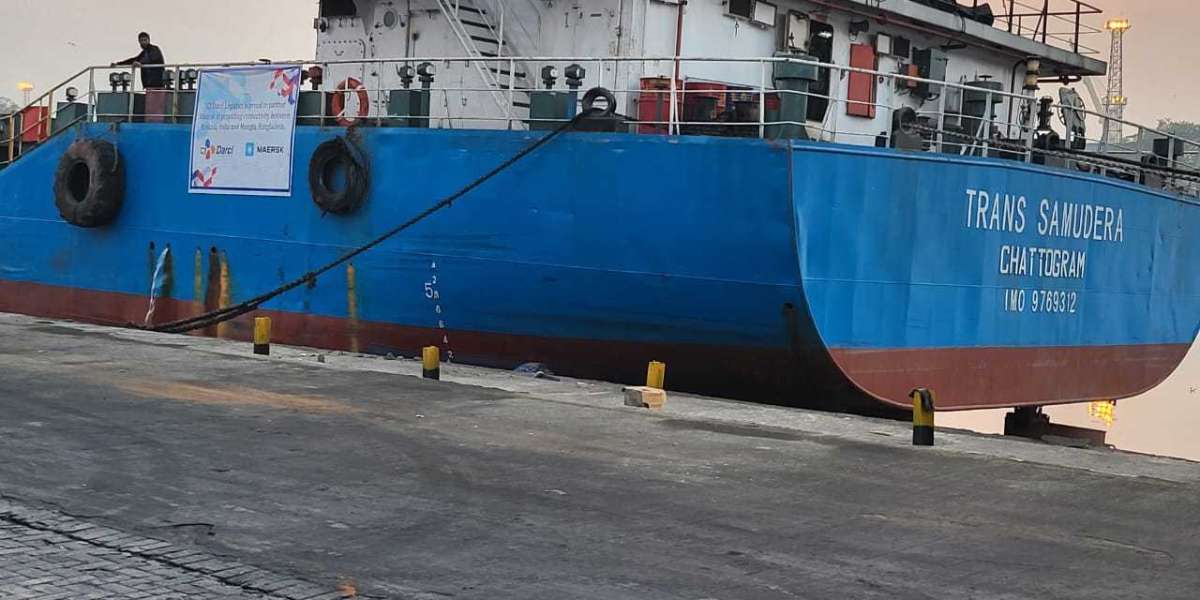Technology has transformed the world into a global village making it possible to shop online and have products delivered to one’s doorstep however the shipping and logistics management faces several challenges that affect the delivery of goods including missed deliveries damaged goods and slow shipping times nevertheless the industry can leverage technology to streamline its processes reduce costs and improve customer satisfaction.
One of the most significant challenges facing the logistics industry is timely delivery however natural factors and management issues can influence delivery times to address this challenge companies can leverage technology to speed up the delivery process ensuring timely deliveries for all orders based on the time of ordering moreover adapting technology can significantly enhance security while reducing revenue loss by tracking goods on transit and in the warehouse.
The logistics industry also faces challenges in planning logistics as shipping can be time-consuming and comes with an increased risk of damage to goods however analytical technology can make it easier for companies to analyse trends and possible changes even before they happen reducing waste and dead stock.
To overcome these challenges logistics companies must adapt to trends set to shape the industry in the future for instance the logistics industry is expected to witness increased adoption of transportation management systems (TMS) and software as a service (SAAS) applications additionally autonomous vehicles and drones are set to streamline the delivery process while minimizing human contact with products cutting fuel and labor costs.
The growth in the adaptation of the Internet of Things (IOT) can also make warehouse management and stock management more manageable (IOT) technology can be used to track goods in transit without necessarily having to be there during the loading process and to know when the goods reach the consumer in real-time this can go a long way in reducing over or under-ordering or manufacturing.
In conclusion, advancements in technology will change how logistics companies operate giving room for better competition even for smaller companies while it may affect the human component of the business the improved accuracy faster delivery and better handling of goods will be an added benefit to the consumer and the industry logistics companies must leverage technology to streamline their processes reduce costs and improve customer satisfaction to remain competitive in the industry.
